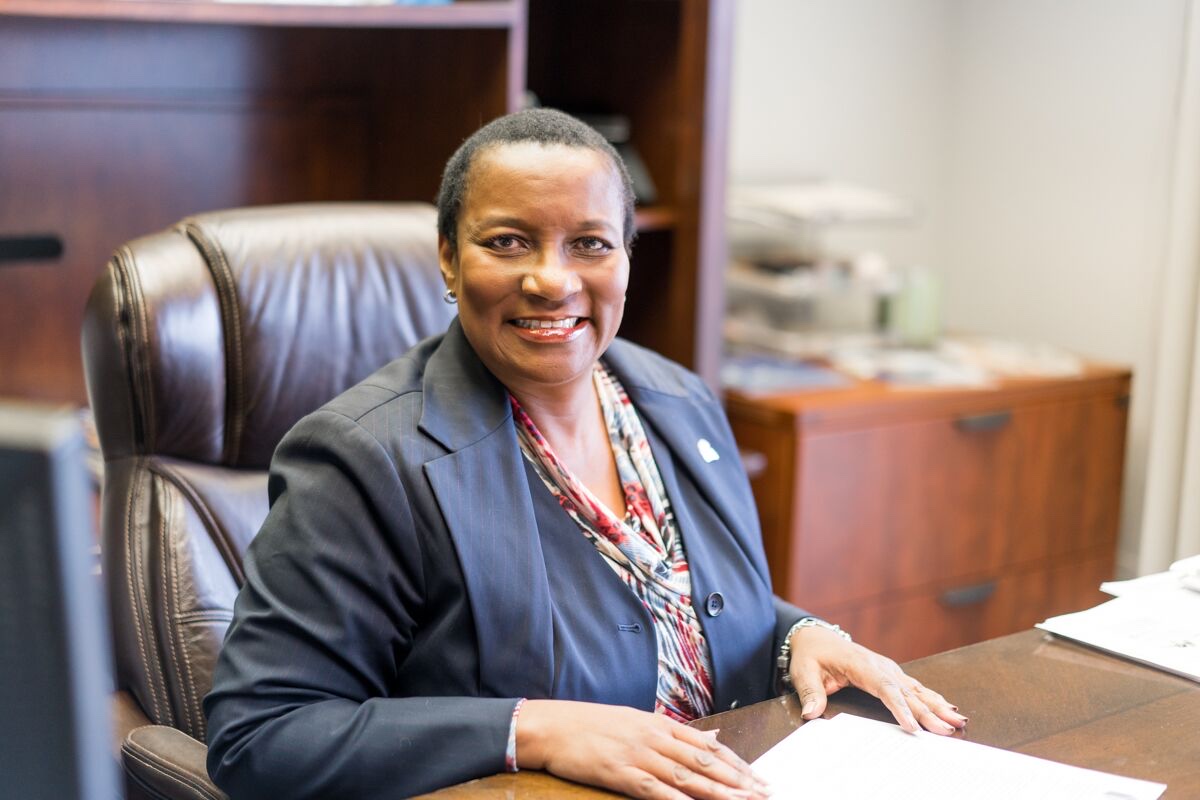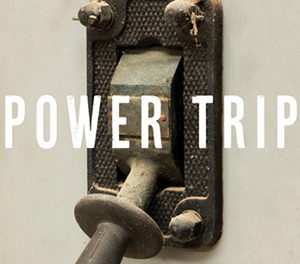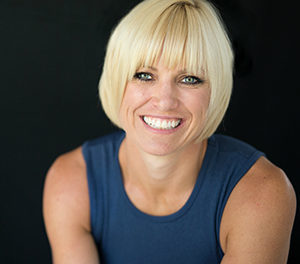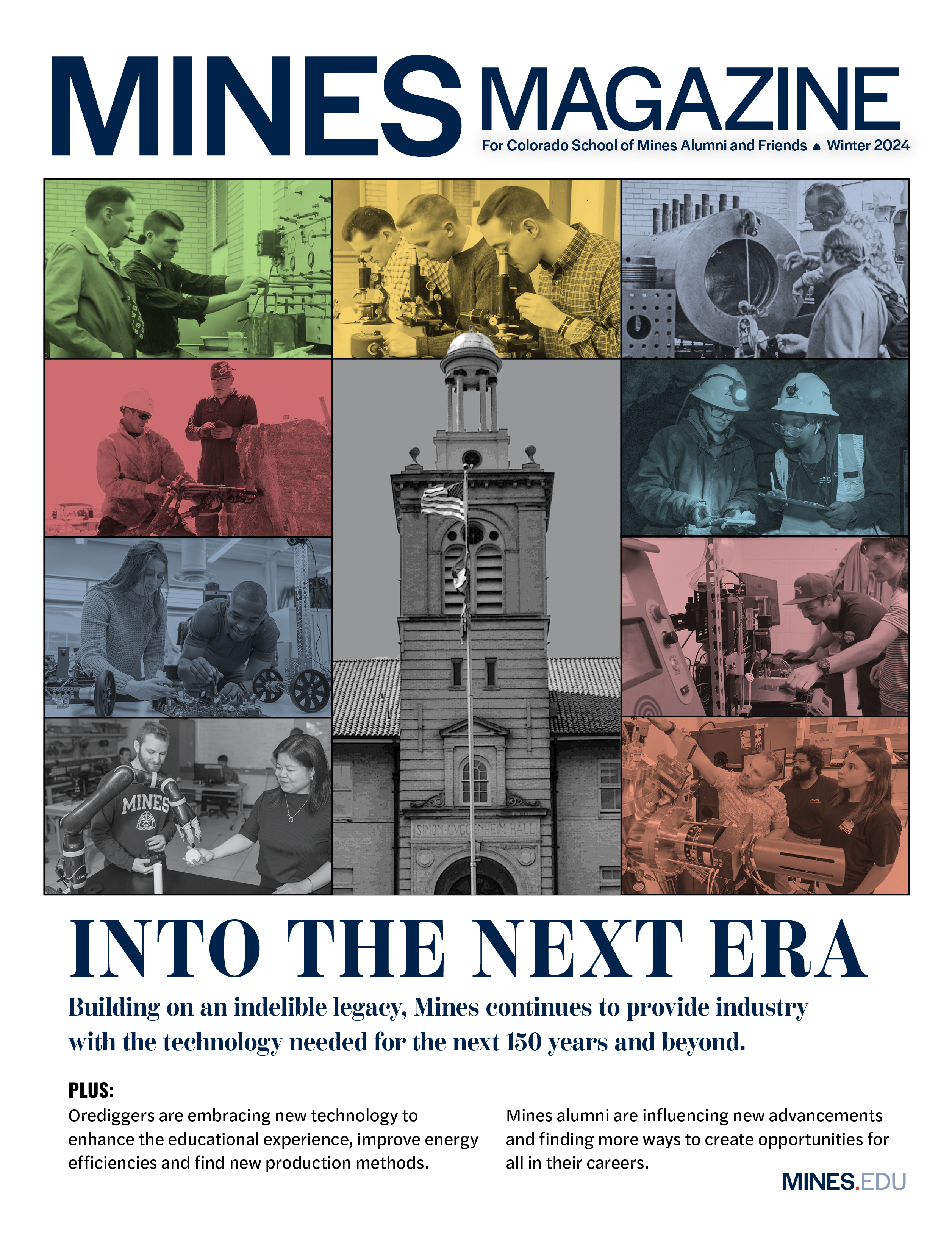Making the right moves

Our careers don’t always follow the paths we expect. Just ask Denise Burgess, president and CEO of Burgess Services in Denver and member of the Mines Board of Trustees.
After graduating from college, Burgess put her journalism degree to work in broadcast management. Then, her father asked her to take a quick look at the marketing materials for the family-owned HVAC business—the next thing she knew she was working with her family full time. “I’ve been there ever since,” said Burgess, who in 2017 became the first-ever Black board chair of the Denver Metro Area Chamber of Commerce.
We sat down with Burgess to talk about making a family business your own and the lessons she’s learned over an unexpected—and rewarding—career.
What was it like to take on the family business when that wasn’t your original career plan, and how did you make it your own while staying true to the company’s roots?
Denise Burgess: The nice thing about having a family- owned firm is it is family—the roots of the company were the roots of my family. It was actually a great transition. I think my father always wanted me to take over the business, but he was wise enough to say “Go do something else until you’re ready to do this.”
By the time my father passed away suddenly in 2002, I had been the heir apparent for two to three years. So I knew what I was going to do and I was able to use him as my advisor. Making it my own was mindful, and I did it deliberately.
In 2003, you decided to shift Burgess Services’ focus away from HVAC to quality assurance/quality control and construction management. How did you assure yourself and your employees that this was the right move for the company?
Burgess: As a CEO, you assure everyone below you and then you don’t sleep at night. I lost people in that transition that had been with the company for years. Understand that when you make these transitions, it is a transition—you’re going to bring in new people and grow the company from that. Even though our culture has stayed the same—the baseline of being professional, being knowledgeable, making sure our clients are taken care of—it was a whole different ballgame.
In the long run, I feel good about the decision, but at the time it was a total leap of faith. It was stepping off the cliff. And then you get that one win, that one project or that one client who says, “This is a great idea.” Having a good relationship with clients allowed us to do that transition. We kept a lot of the same clients.
How should leaders approach big business decisions like that to ensure they are successful?
Burgess: You can’t be afraid of failure. Sometimes, in your head, it’s a great idea, and then you try it and it
doesn’t quite fit. Do as much planning as you can, but also know that planning makes gods laugh. Have faith in your staff and yourself and know when to cut bait, when to say this isn’t working, this isn’t us, this isn’t a fit. Lick your wounds and then do it again. You try something else, something new.
You’ve been involved with many organizations in Denver and have become a prominent figure in the Denver business scene. What have you learned from your time with these organizations, and why do you think it’s important for business leaders to be involved with organizations or communities outside of their company?
Burgess: It comes back to our corporate culture and our family culture, which has always been to give back to our community. I was raised that way, and I just can’t imagine not doing it. It’s also very important to look outside your own world and bubble. I’m in the construction world, and it’s great to sit on a board or get involved with an organization with someone who does nothing remotely close to what I do. I learn so much, and I like getting to know people and learning different ways of doing business.





